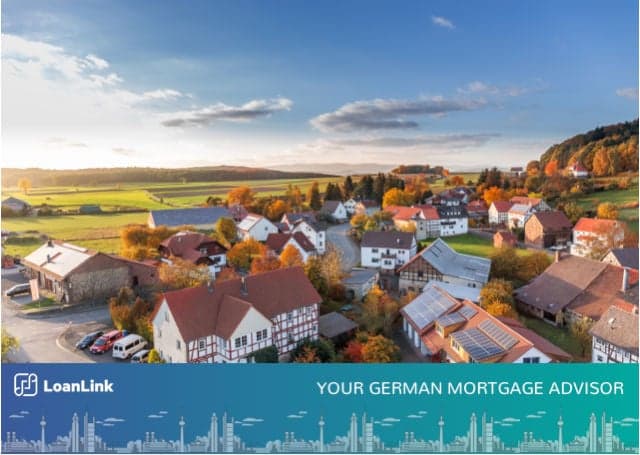Buying property as an investment in Germany: Taxes and tenant rights
For expats who plan to stay in Germany longer than a few years, purchasing a house or apartment as an investment may be an attractive option.

If you are considering purchasing a buy-to-let property, here is what you should know about making the investment, taxes and tenant rights.
Is now a good time to invest in German property?
Rental properties are in high demand in Germany, and this demand is predicted to continue. Low interest rates and a volatile stock market have fuelled a real estate investment boom across major German cities.
Berlin, Hamburg, Munich and Frankfurt recently ranked in the world’s top 10 cities for price growth. Service jobs are surging in these cities and that is driving rent increases in city centers. And the rent hikes are unlikely to stop soon.
Deutsche Bank, among others, predicts that demand will only continue as housing shortages drive up value. As a result, leasing properties is a solid investment and great source of income.
What is the cost of buying a home in Germany?
Even as prices rise, buyers can still find an apartment in a hip Berlin neighbourhood that is about a third less expensive than a comparable property in London.
For more about price developments in German cities, LoanLink, a German mortgage advisor that simplifies the process through online applications in English, offers a comprehensive overview.
A buy-to-let mortgage allows you to purchase a property and then rent it out to tenants. Then you and the landlord can contribute the rental payments towards the mortgage payment.
LoanLink has partnerships with more than 400 German banks and we leverage our advanced technology to help identify the best mortgage options for your situation. We provide this information to you entirely in English.
What German taxes apply to rental income?
As the owner of the property, you will have to pay taxes on the rental income. While interest on mortgages for owner-occupied property is not tax deductible in Germany, a buy-to-let property has more flexibility.
You can deduct any expenses resulting from rental income against your taxable rental income. This includes mortgage expenses, as well as costs for maintenance, improvements and repairs.
Rental interest falls under the following standard progressive income tax rates:
In addition to the rental income tax, there is also a solidarity surcharge of 5.5 percent.
What are the local tax implications of selling a property in Germany?
If a property owner sells their property within 10 years, they are subject to a capital gains tax.
The capital gains will count towards the property owner’s annual income for the year when the property sold.
For example, if you sell a property at a profit after nine years, you will have a tax rate of 42 percent. If, on the other hand, you held the property for at least 10 years, you would not be subject to any tax.
For more information on the tax specifics of buy-to-let, see LoanLink’s blog article here.
Tenant rights in Germany
Of course, your goal is to turn a buy-to-let mortgage into a profitable investment. To do so, carefully consider how to rent out the property.
As the property owner, a strong rental agreement is your responsibility. Take time to learn about your rights and obligations as a landlord.
For example, in Germany, minimum tenancies can be very long (often at least two years). In most cases, tenancies do not have a specified duration.
So, unless there is a special clause in the tenancy agreement, the landlord can only end the agreement by evicting the tenant. In Germany, eviction can be complicated.
If you intend to sell or use the property yourself, plan to use a limited contract. A carefully-considered lease agreement will help protect your investment.
For more about tenant rights, see LoanLink’s article here.
What rules apply to setting a rent amount?
A German rental contract, or lease agreement, will also specify the price of rent. When the contract is new, you and the tenant can freely negotiate the amount (except for rent-controlled apartments).
While the amount can be above the average rent for a comparable property, it cannot be more than 20 percent higher.
If you wish to increase the rent for an existing tenancy in Germany, strict legal regulations govern the process. The customary comparative rent is then the upper limit.
To learn more about rent prices and drafting a rental contract, please see LoanLink’s post here.
Who is LoanLink and how can they help?
LoanLink is a certified German mortgage broker which compares 400+ banks and helps international clients save time and money when buying a property in Germany. All mortgage experts speak English and the advice is free of charge: Learn more about how it works here.
This content was paid for by an advertiser and produced by The Local's Creative Studio.


Join the conversation in our comments section below. Share your own views and experience and if you have a question or suggestion for our journalists then email us at [email protected].
Please keep comments civil, constructive and on topic – and make sure to read our terms of use before getting involved.
Please log in here to leave a comment.